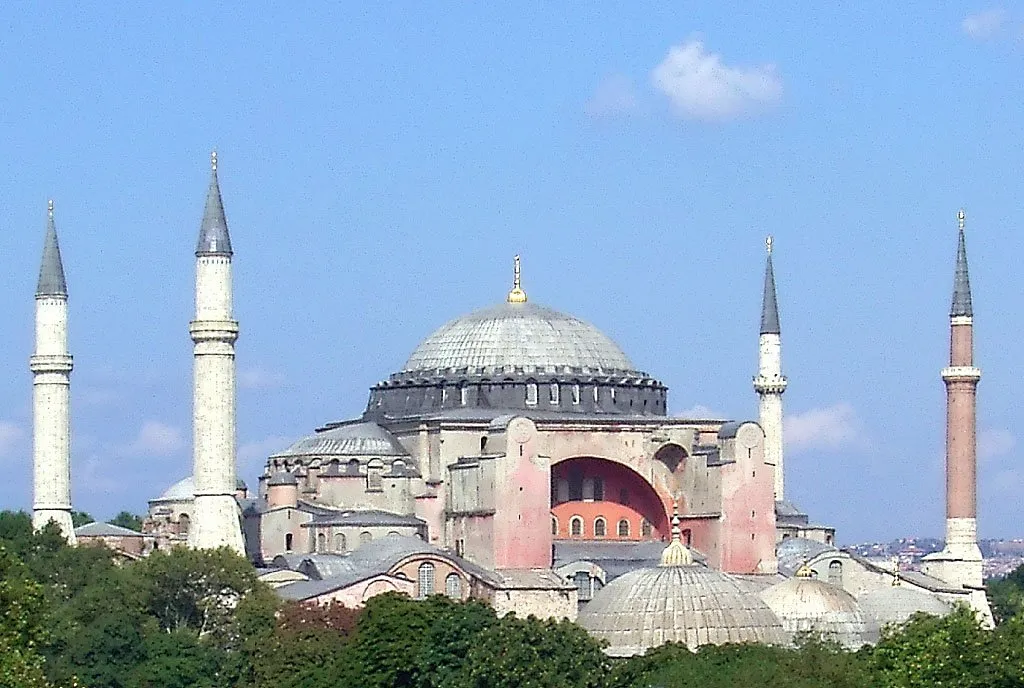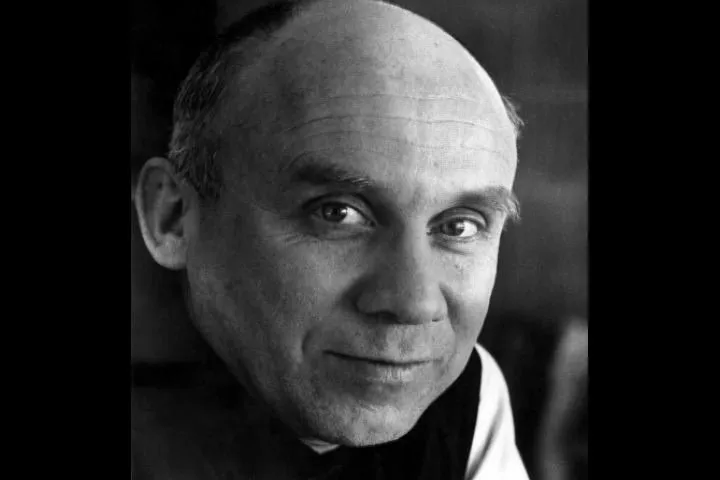
There is a prose-poem I like by the Trappist monk and contemplative, Thomas Merton. It is called "Hagia Sophia" - literally, "Holy Wisdom." It opens with these lines:
There is in all visible things an invisible fecundity, a dimmed light, a meek namelessness, a hidden wholeness. This mysterious Unity and Integrity is Wisdom, the Mother of all, Natura naturans. There is in all things an inexhaustible sweetness and purity, a silence that is a fount of action and joy. It rises up in wordless gentleness and flows out to me from the unseen roots of all created being, welcoming me tenderly, saluting me with indescribable humility. (Thomas Merton, from "Hagia Sophia")
Thomas Merton, a modern day mystic, saw his world through eyes of insight. Things that may look dry, dreary, and flat on the outside actually have an inner beauty and majestic purpose within.
Think on the phrases he uses:
- An invisible fecundity: All things are life giving, fertile with possibility, nurturing. Yet this potential is invisible to most; it cannot be seen without discernment.
- A dimmed light: A light brings clarity to the darkness, it exposes the unseen. Without light we are blind. A dim light reveals things to a lesser extent, but causes us to ask what is getting in the way, preventing the full light to shine forth.
- A meek namelessness: A name gives purpose and identity, knowledge and understanding; we have a name for the things we know. To be nameless implies that purpose and understanding have not yet been identified; and a namelessness that is "meek" remains quiet and unassuming, waiting patiently for its intended purpose.
- A hidden wholeness: To be whole is to be complete, unfragmented, full of meaning. Yet that state of completion, if it is hidden, waits to be discovered. The wholeness is there - it is real and true - but has not yet been uncovered.
So, what does this mean, practically speaking?
Merton is not saying that all things are good in themselves - especially the hard, painful, or evil things! Merton was a pacifist and spoke out plainly against racial discrimination, greed politics, violence, and war. He was a prolific social activist, even from the isolated walls of his monastery.
What he means is there is beauty and purpose even in the beat up and broken places of life. There are seeds of joy waiting to be discovered, and it takes Wisdom to find them. Wisdom is the thing that unites and integrates our lives ("this mysterious Unity and Integrity"), aligning us with Divine purpose.
I do believe that in all things Good can be found. Even in the most painful of places.
One of my closest friends is facing his third round of cancer. He knows that life is fragile, limited, and not to be taken for granted. Despite knowing that death could come at any time, he lives his life with joy and fruitfulness. And based on Merton's words above, the better word here is not "despite," but "because of." My friend lives life to the fullest because he is aware of his finitude. This is the good, the beauty, the "hidden wholeness" that can come out from cancer. Cancer itself is a horrible mutation of life, but good can still come from it. I learn Wisdom every day from my friend.
It puts me to shame as I complain about the small things I face every day - petty work politics, fractured relationships with others, physical fatigue at the end of a long day. Yet seeing my friend rise above cancer - and in so doing, conquer it! - it gives me courage to face my own places of pain, no matter how small and insignificant. These places of pain help me find my strength as I discover within those moments of "inexhaustible sweetness and purity."
This, to me, is Hagia Sophia, Holy Wisdom!

This picture of Thomas Merton was shared by cistercaminante, available for reuse.